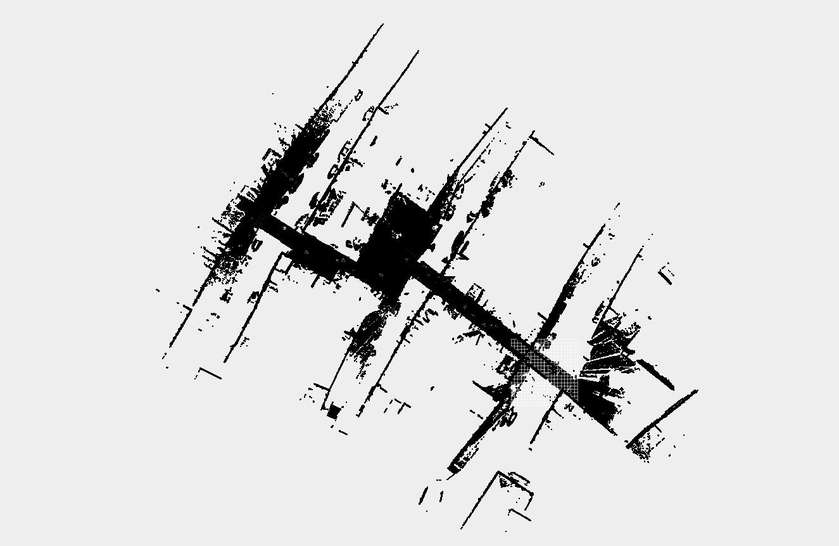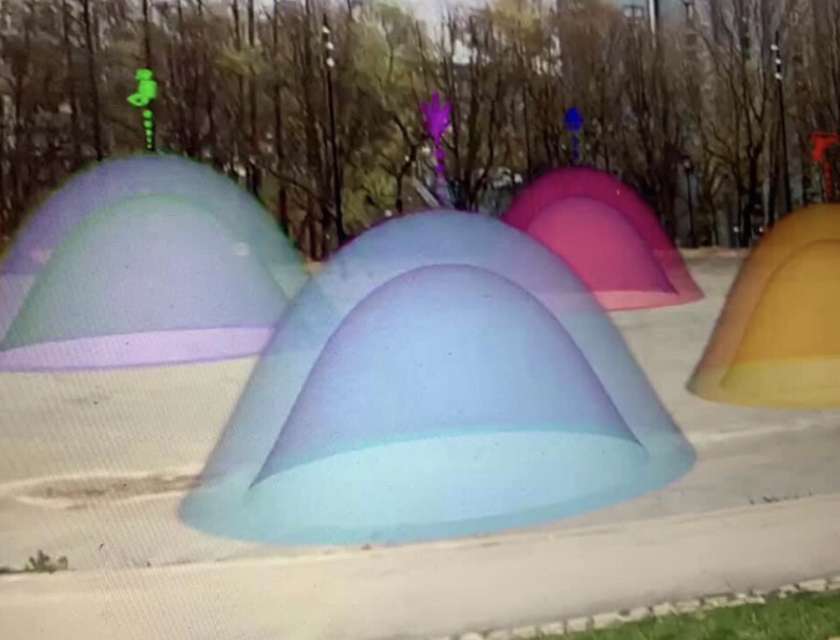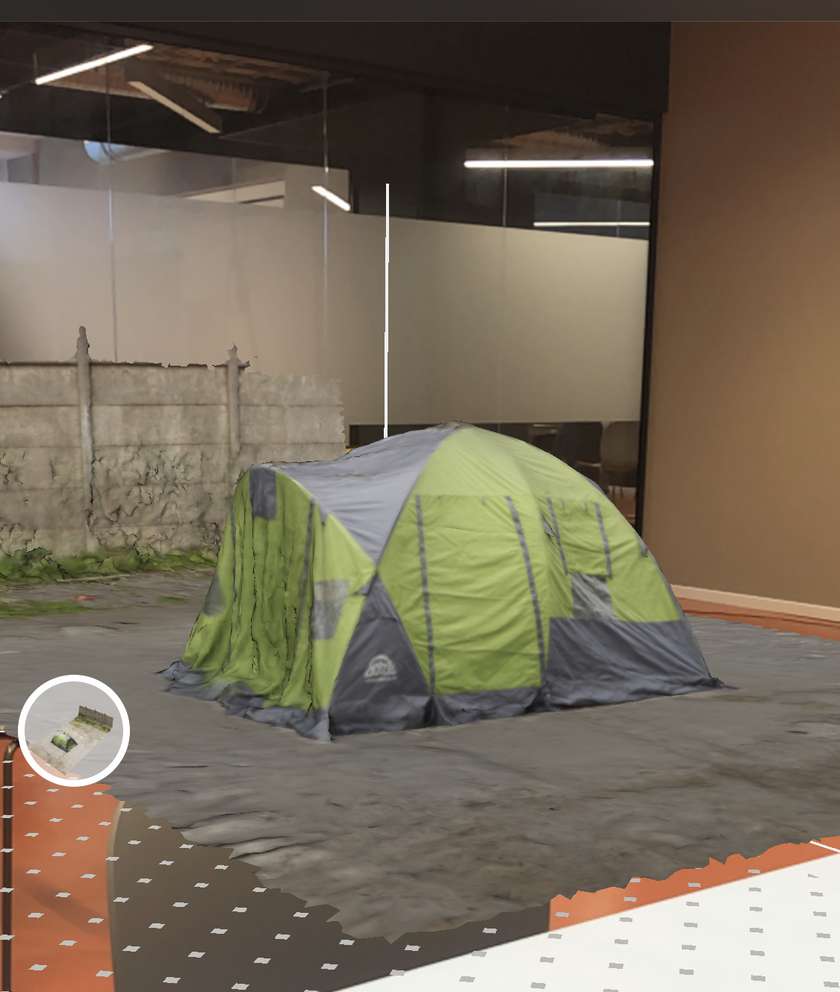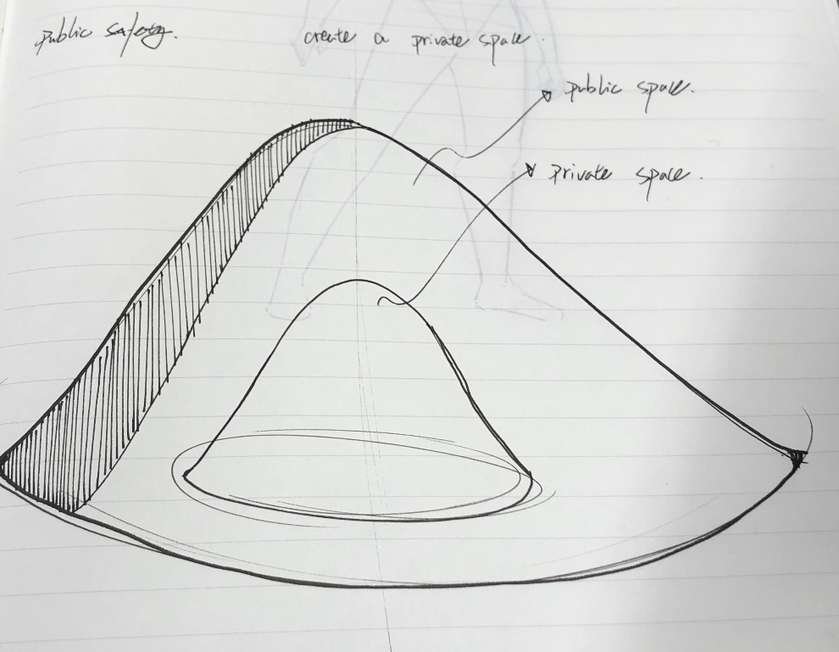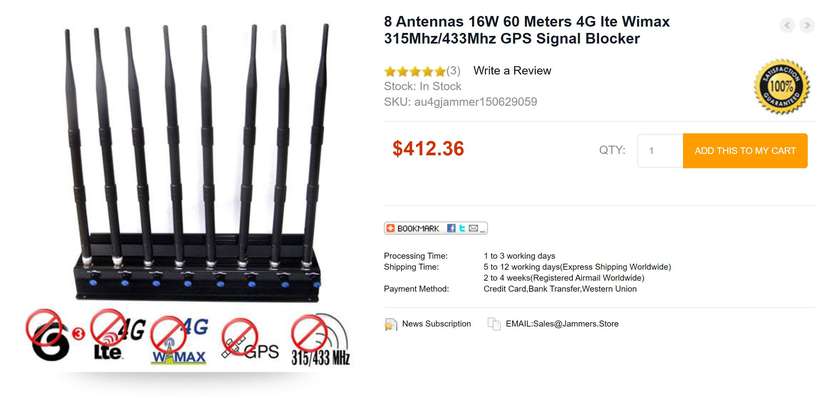Idea by
Udaru / Kai Reaver
Call for ideas 2020
Digital Zoning
Digital Zoning
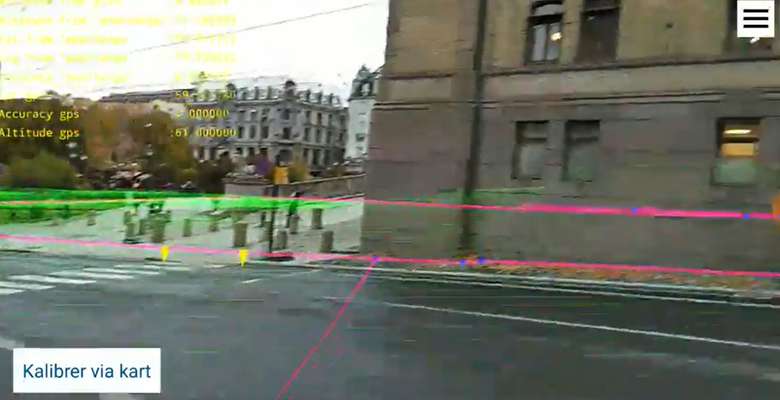
- Systemic changes
Recent debate on risks to user privacy and surveillance in urban environments suggest a close link between spatial politics and totalitarianism. An interesting development in this matter has been the call for regulation from several high-level tech executives - portraying the rare case of a business sector requesting its own regulation. Additionally, various cities and public venues around the world discussing the implementation of “tech-free zones,” signal as a whole a growing interest in developing theories and techniques for technology regulation in physical space.
The work demonstrates how this form of regulation may safeguard user privacy while allowing for a level playing field in which all digital services proposals are applied through the same set of regulations. This allows for a condition in which zoning provides a tool for authorities, public services, or planning councils to enforce an intended digital policy upon a specific district based on local needs or practices.
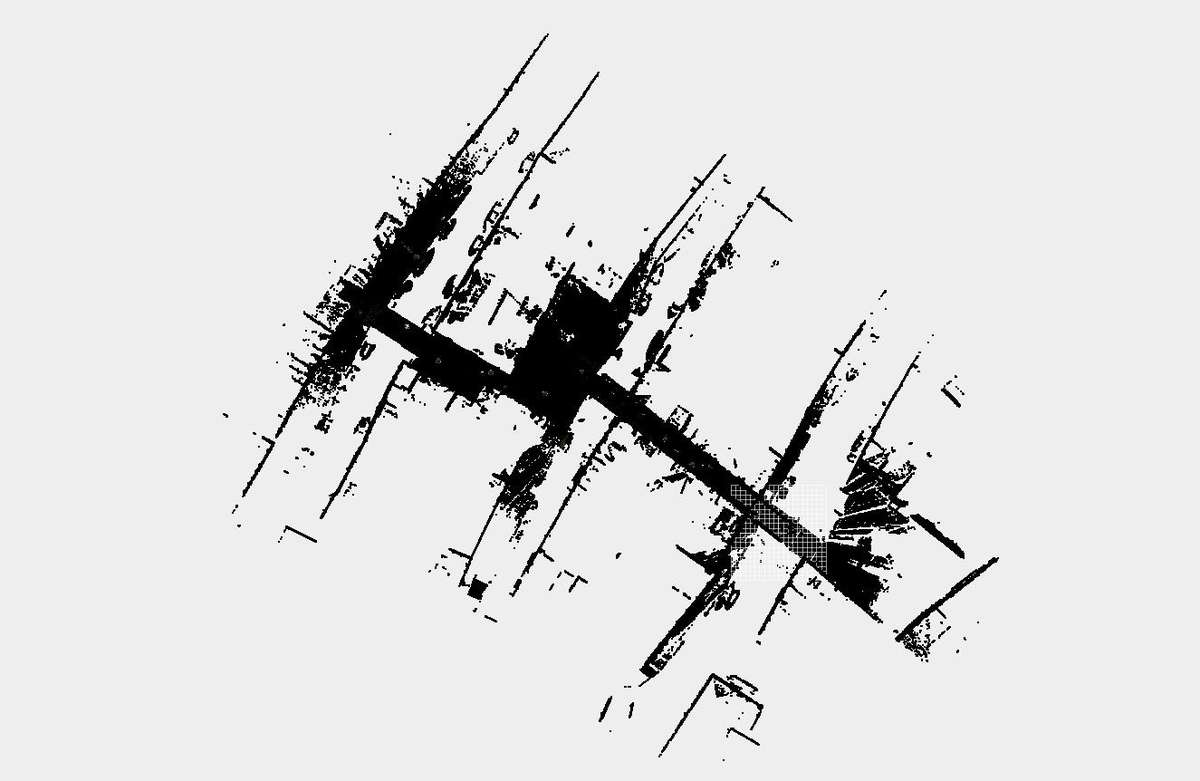
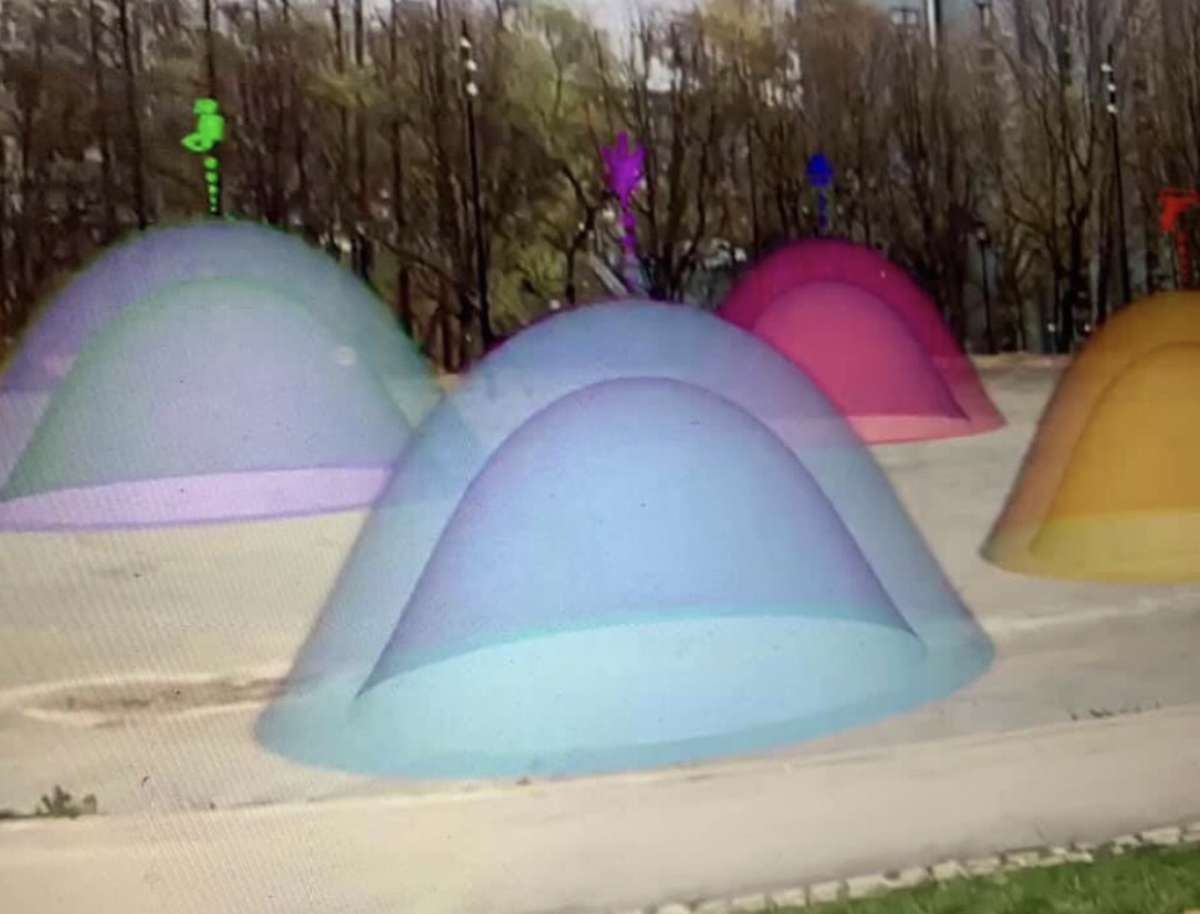
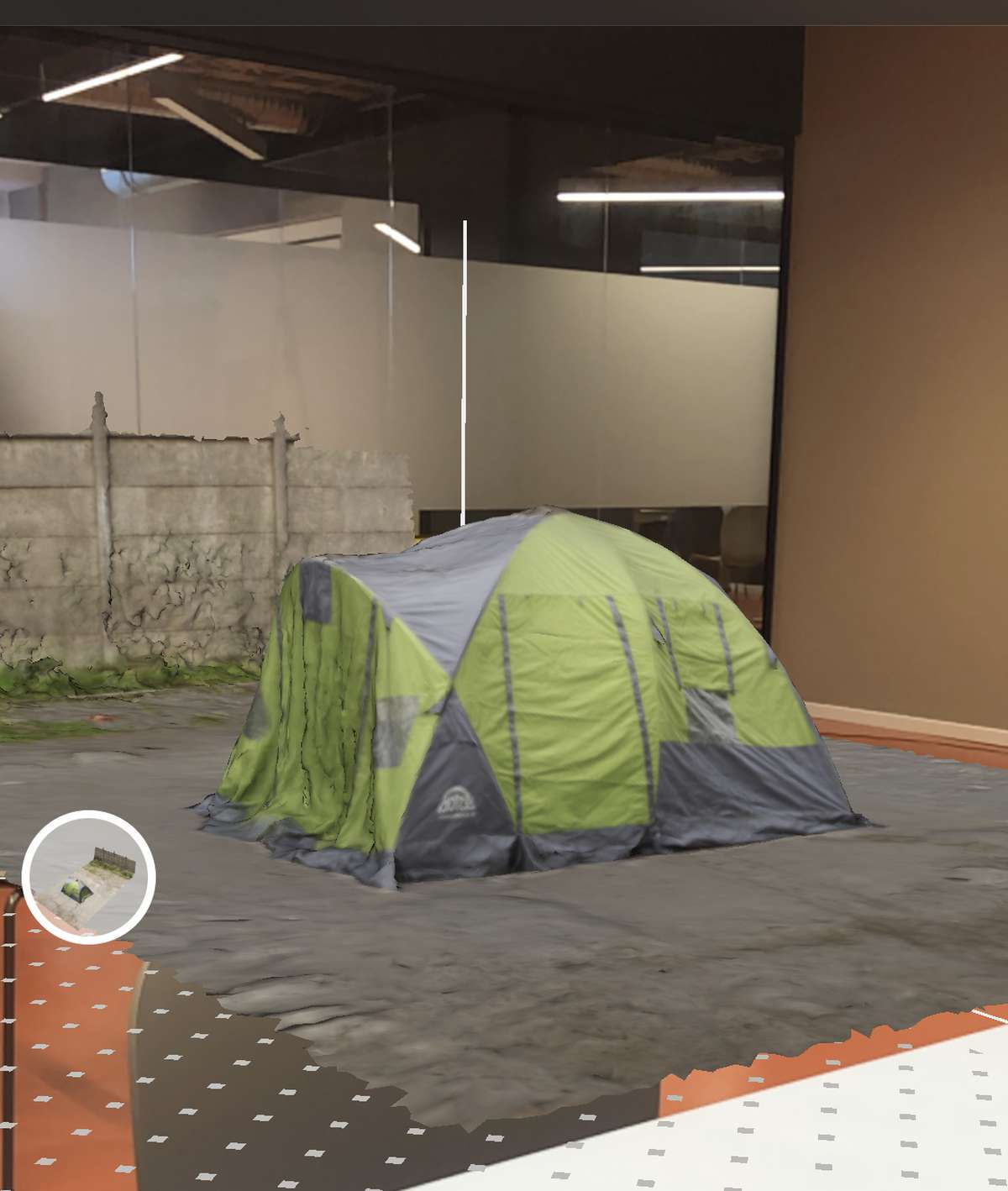
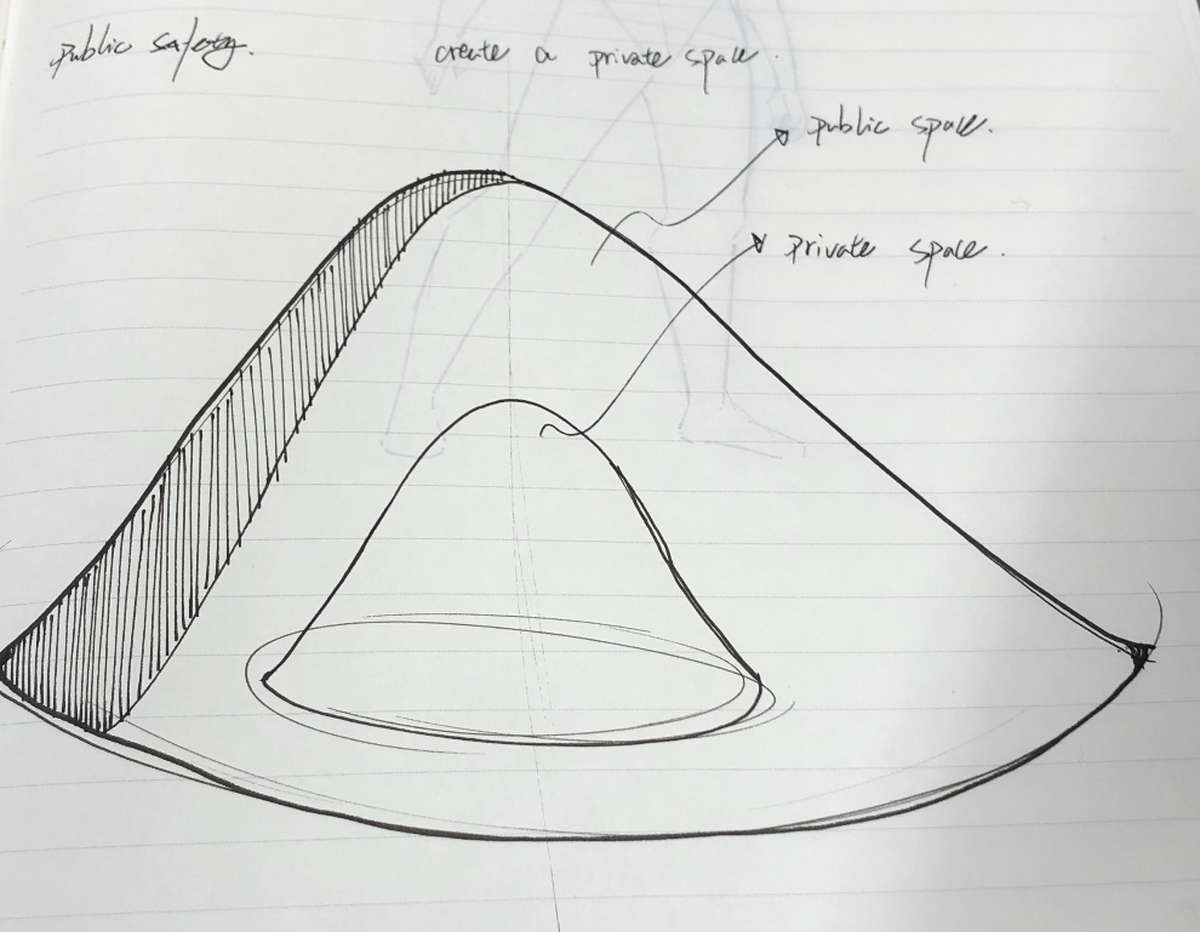
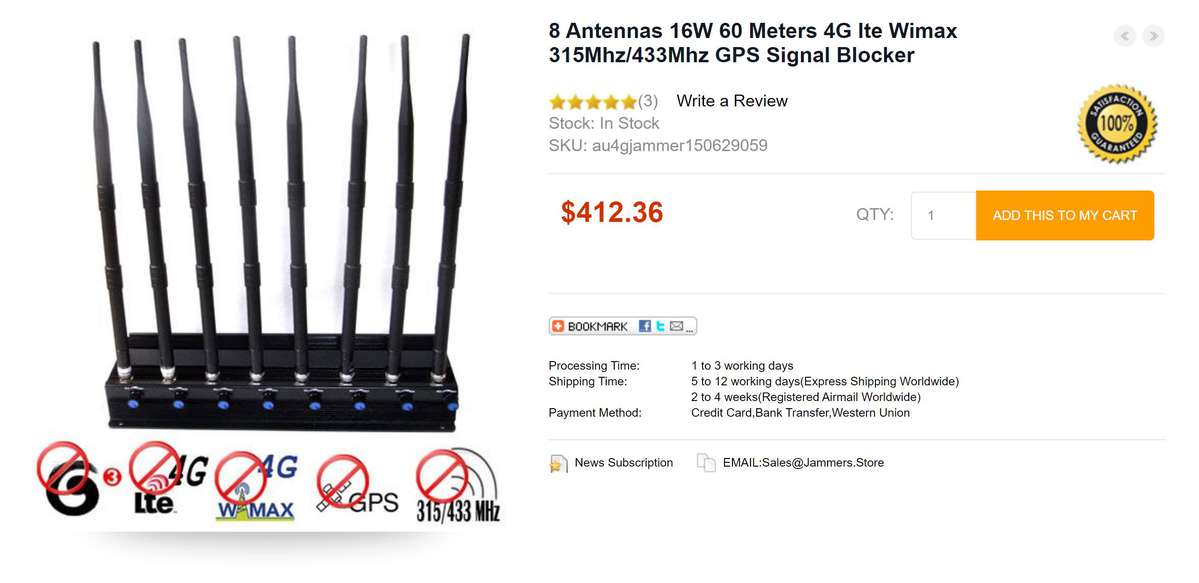
Digital Zoning
Digital Zoning

- Systemic changes
Recent debate on risks to user privacy and surveillance in urban environments suggest a close link between spatial politics and totalitarianism. An interesting development in this matter has been the call for regulation from several high-level tech executives - portraying the rare case of a business sector requesting its own regulation. Additionally, various cities and public venues around the world discussing the implementation of “tech-free zones,” signal as a whole a growing interest in developing theories and techniques for technology regulation in physical space.
The work demonstrates how this form of regulation may safeguard user privacy while allowing for a level playing field in which all digital services proposals are applied through the same set of regulations. This allows for a condition in which zoning provides a tool for authorities, public services, or planning councils to enforce an intended digital policy upon a specific district based on local needs or practices.
